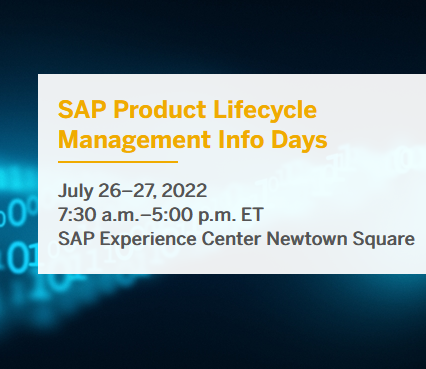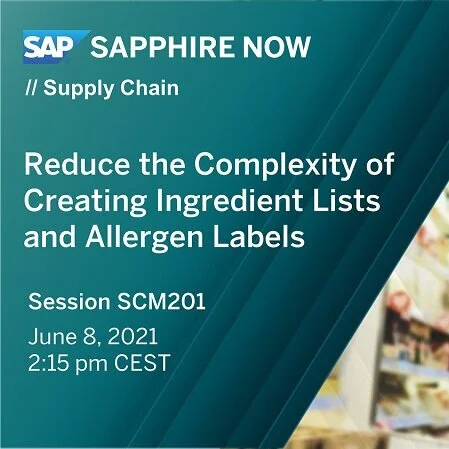BLOG: Stay Up-To-Date on The Latest Regulations for Front-of-Pack Labeling
Keep Up With Changes in Front-of-Pack Labeling Across South America and Beyond
by Lissette Gonzalez I SAP PLM Consultant & Food Scientist | January 2025
Front-of-pack labeling (FoPL) in South America has undergone significant changes to help consumers make more informed decisions about the products they purchase. These labels are clear warnings placed on the front of food and beverage products that exceed specific nutritional thresholds. Labels identify if a product is high in sugar, saturated or trans fats, sodium, or calories, making it easier for consumers to spot less nutritious options.
Unlike Europe’s FoPL system, which uses a graded scale to rank foods from least healthy to most healthy, South America’s approach is more binary and straightforward. If a product does not have a label, it is considered a better choice. If it does, the label explicitly states which nutrient(s) are present in excess. In order to be compliant with this labeling requirement, companies that sell their products in South America need to ensure that what they’re putting on the front of pack label is accurate.
Broader Implications of FoPL and Increasing Changes to Compliance
The need for increased food safety is a growing concern as our food supply grows and adapts to different circumstances. These changes are designed to encourage healthier consumer choices while pressuring manufacturers to reformulate products to meet stricter nutritional standards. By making nutritional content more transparent, governments aim to address rising rates of obesity and diet-related diseases across the region.
Example: The FDA New Traceability Rule
In addition to labeling changes in South America, global food safety regulations are tightening. In the United States, the FDA’s new Food Traceability Rule, which goes into effect on January 20, 2026, aims to improve food safety by expediting the identification and removal of contaminated food products from the market. This rule applies to food manufacturers, processors, packers, and retailers handling foods listed on the Food Traceability List (FTL). Companies must track these foods and provide key product information to the FDA within 24 hours when requested.
• Foods on the FTL: Initially, the list includes 19 items such as cheeses (other than hard cheeses), shelled eggs, nut butters, leafy greens, and tropical tree fruits. The list is expected to expand over time.
• Critical Tracking Events (CTEs): These include harvesting, cooling (before initial packing), initial packing, first land-based receiving of food from fishing vessels, shipping, receiving, and food transformation.
• Key Data Elements (KDEs): Businesses must maintain detailed records of KDEs linked to each CTE.
To comply with this new rule, food companies and retailers will need robust tracking systems that can 1) handle complex datasets, effectively managing KDEs and providing real-time traceability data; and 2) adapt to evolving needs, remaining flexible enough to incorporate new requirements without significant disruption.
The evolving landscape of food labeling and traceability highlights the increasing importance of compliance in the global food supply chain. From helping consumers make healthier choices to ensuring contaminated food is quickly removed from circulation, these regulations aim to build trust and transparency in the market. Tools such as Gramont’s LabelNow make it easier for food companies to manage varying global compliance requirements.
How LabelNow Simplifies Compliance with Front-of-Pack Labeling
Gramont’s LabelNow is purpose-built to help organizations navigate the complexities of front-of-pack labeling requirements, particularly in regions like South America where regulations are strict and rapidly evolving. With LabelNow, companies can centralize their labeling data, ensuring accuracy and consistency across all products and markets. Its intuitive interface allows for easy updates when regulatory thresholds change, while automated validation ensures that nutritional information aligns with local compliance standards. By seamlessly managing labeling requirements across multiple countries, LabelNow not only reduces the risk of non-compliance but also saves time and resources, allowing businesses to focus on innovation and growth.
Sources & Further Reading:
https://openknowledge.fao.org/server/api/core/bitstreams/72c6788c-d339-4f98-9a2f-3b06e01b97f6/content
https://www.paho.org/en/topics/front-package-labeling
https://www.fda.gov/food/food-safety-modernization-act-fsma/food-traceability-list
































